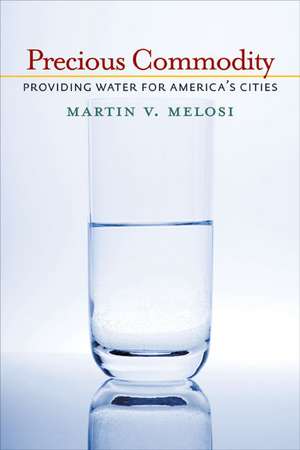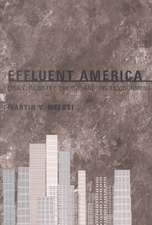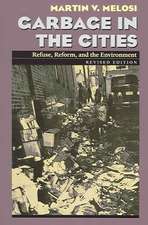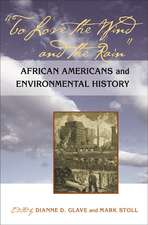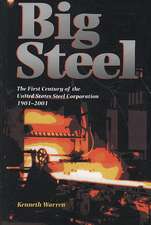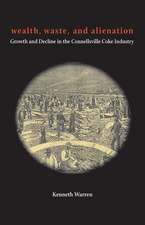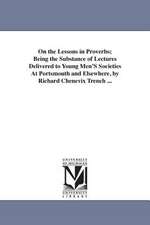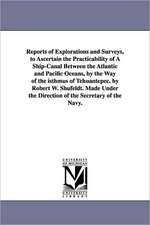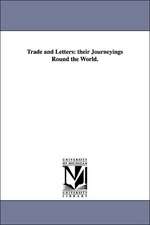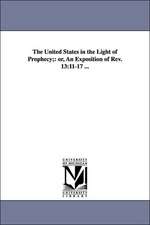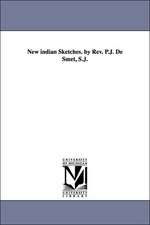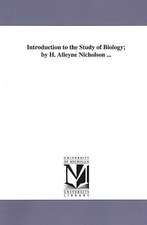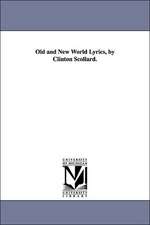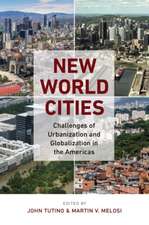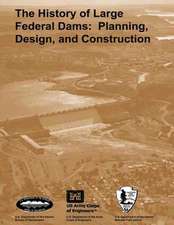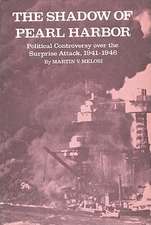Precious Commodity: Providing Water for America’s Cities: Pittsburgh Hist Urban Environ
Autor Martin V. Melosien Limba Engleză Paperback – 30 apr 2011
As an essential resource, water has been the object of warfare, political wrangling, and individual and corporate abuse. It has also become an object of commodification, with multinational corporations vying for water supply contracts in many countries. In Precious Commodity, Martin V. Melosi examines water resources in the United States and addresses whether access to water is an inalienable right of citizens, and if government is responsible for its distribution as a public good.
Melosi provides historical background on the construction, administration, and adaptability of water supply and wastewater systems in urban America. He cites budgetary constraints and the deterioration of existing water infrastructures as factors leading many municipalities to seriously consider the privatization of their water supply. Melosi also views the role of government in the management of, development of, and legal jurisdiction over America’s rivers and waterways for hydroelectric power, flood control, irrigation, and transportation access. Looking to the future, he compares the costs and benefits of public versus private water supply, examining the global movement toward privatization.
Melosi provides historical background on the construction, administration, and adaptability of water supply and wastewater systems in urban America. He cites budgetary constraints and the deterioration of existing water infrastructures as factors leading many municipalities to seriously consider the privatization of their water supply. Melosi also views the role of government in the management of, development of, and legal jurisdiction over America’s rivers and waterways for hydroelectric power, flood control, irrigation, and transportation access. Looking to the future, he compares the costs and benefits of public versus private water supply, examining the global movement toward privatization.
Din seria Pittsburgh Hist Urban Environ
-
 Preț: 389.76 lei
Preț: 389.76 lei -
 Preț: 429.67 lei
Preț: 429.67 lei -
 Preț: 298.69 lei
Preț: 298.69 lei -
 Preț: 359.45 lei
Preț: 359.45 lei -
 Preț: 393.58 lei
Preț: 393.58 lei -
 Preț: 315.36 lei
Preț: 315.36 lei -
 Preț: 470.60 lei
Preț: 470.60 lei -
 Preț: 392.66 lei
Preț: 392.66 lei - 5%
 Preț: 373.91 lei
Preț: 373.91 lei -
 Preț: 468.26 lei
Preț: 468.26 lei -
 Preț: 429.67 lei
Preț: 429.67 lei -
 Preț: 360.98 lei
Preț: 360.98 lei -
 Preț: 425.05 lei
Preț: 425.05 lei -
 Preț: 178.86 lei
Preț: 178.86 lei -
 Preț: 358.46 lei
Preț: 358.46 lei -
 Preț: 290.14 lei
Preț: 290.14 lei -
 Preț: 429.67 lei
Preț: 429.67 lei -
 Preț: 391.67 lei
Preț: 391.67 lei -
 Preț: 434.51 lei
Preț: 434.51 lei -
 Preț: 424.29 lei
Preț: 424.29 lei -
 Preț: 425.86 lei
Preț: 425.86 lei -
 Preț: 459.98 lei
Preț: 459.98 lei -
 Preț: 293.96 lei
Preț: 293.96 lei -
 Preț: 386.88 lei
Preț: 386.88 lei -
 Preț: 387.82 lei
Preț: 387.82 lei -
 Preț: 389.38 lei
Preț: 389.38 lei -
 Preț: 430.27 lei
Preț: 430.27 lei -
 Preț: 426.79 lei
Preț: 426.79 lei -
 Preț: 424.88 lei
Preț: 424.88 lei -
 Preț: 460.97 lei
Preț: 460.97 lei -
 Preț: 385.69 lei
Preț: 385.69 lei -
 Preț: 424.88 lei
Preț: 424.88 lei -
 Preț: 388.96 lei
Preț: 388.96 lei -
 Preț: 425.64 lei
Preț: 425.64 lei -
 Preț: 387.82 lei
Preț: 387.82 lei -
 Preț: 349.81 lei
Preț: 349.81 lei -
 Preț: 385.91 lei
Preț: 385.91 lei -
 Preț: 390.71 lei
Preț: 390.71 lei -
 Preț: 389.76 lei
Preț: 389.76 lei -
 Preț: 422.17 lei
Preț: 422.17 lei
Preț: 423.91 lei
Nou
Puncte Express: 636
Preț estimativ în valută:
81.14€ • 84.39$ • 67.99£
81.14€ • 84.39$ • 67.99£
Carte tipărită la comandă
Livrare economică 13-27 martie
Preluare comenzi: 021 569.72.76
Specificații
ISBN-13: 9780822961413
ISBN-10: 0822961415
Pagini: 320
Dimensiuni: 152 x 229 x 20 mm
Greutate: 0.48 kg
Ediția:1
Editura: University of Pittsburgh Press
Colecția University of Pittsburgh Press
Seria Pittsburgh Hist Urban Environ
ISBN-10: 0822961415
Pagini: 320
Dimensiuni: 152 x 229 x 20 mm
Greutate: 0.48 kg
Ediția:1
Editura: University of Pittsburgh Press
Colecția University of Pittsburgh Press
Seria Pittsburgh Hist Urban Environ
Recenzii
“Precious Commodity is cutting-edge environmental history. In it, Melosi asks an essential question—who determines the control and distribution of water? His sharp insights into the interlocking relationship between public and private ownership and the impact this has had on resource allocation across time and place demonstrate how difficult it will be to achieve a sustainable water future.”
—Char Miller, Pomona College
—Char Miller, Pomona College
“With searching and thoughtful analyses of the urban, technological, and environmental dimensions of the management of water resources, Melosi advances our understanding of the past and assists our capacity to plan intelligently for the future.”
—Jeffrey K. Stine, author of America's Forested Wetlands: From Wasteland to Valued Resource
—Jeffrey K. Stine, author of America's Forested Wetlands: From Wasteland to Valued Resource
“A remarkable collection of information regarding water-related issues . . . intelligently written . . . highly recommended.”
—Journal of the American Water Resources Association
—Journal of the American Water Resources Association
“Reading about the history of water in ‘Precious Commodity’ is a little like moving into a nice turn-of-the-twentieth-century home. On the surface you assume everything is fine and that you already understand the subject. Then you wake up one morning to sewage in the basement and you have to rip out the walls to replace the pipes. . . . Melosi forces readers, like the hapless homeowner, to face the complexity and weight of a water history that so many of us take for granted. Yet like the house, most American cities are built atop an antiquated water and sewer system that we have no choice but to deal with.”
—The Journal of American History
—The Journal of American History
“[Melosi] suceeds in producing an engaging narrative by intermingling past and present issues concerning water supply and its social, cultural, and environmental implications.”
—AMBIX
—AMBIX
“A worthy addition to the canon of water history.”
—American Historical Review
—American Historical Review
Notă biografică
Martin V. Melosi is Hugh Roy and Lillie Cranz Cullen University Professor of History and director of the Center for Public History at the University of Houston. He is the author or editor of numerous books, including Energy Metropolis: An Environmental History of Houston and the Gulf Coast; Garbage in the Cities: Refuse, Reform, and the Environment; The Sanitary City: Environmental Services in Urban America from Colonial Times to the Present; and Effluent America: Cities, Industry, Energy, and the Environment.
Descriere
Melosi examines water resources in the United States and addresses whether access to water is an inalienable right of citizens, and if government is responsible for its distribution as a public good. He provides historical background on the construction, administration, and adaptability of water supply and wastewater systems in urban America. Looking to the future, he compares the costs and benefits of public versus private water supply, examining the global movement toward privatization.
